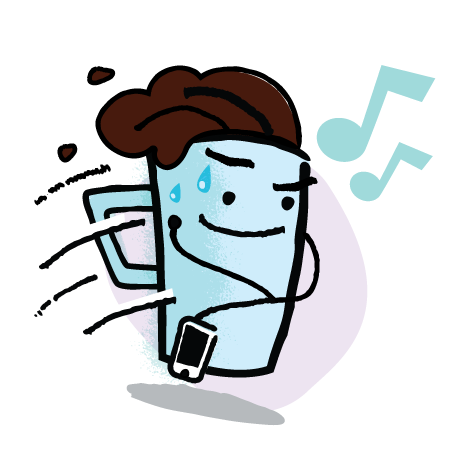
The poster wall version is “end colonialism, racism, sexism… ” Actually, the new mood will probably end focused, productive activity in science, says a culture critic. Consider:
In January, leading members of the panel published an article in the journal Science, announcing a “paradigm shift” in how it would approach its mission. They claim the scientific model on which the IPBES [(Intergovernmental Panel on Biodiversity and Ecosystem Services)] was founded is “dominated by knowledge from the natural sciences and economics,” and prone to adopt the “generalizing perspective” of “western science.” Consequently, they argue, it does not provide space for the humanities and social sciences, nor does it recognize the knowledge and values of local and indigenous peoples.
The article, which sparked an acrimonious row within the research community, came after several years in which IPBES papers and reports had developed “a pluralistic approach to recognizing the diversity of values.” The panel has now officially adopted a new paradigm that “resist[s] the scientific goal of attaining a universally applicable schema,” while seeking to “overcome existing power asymmetries between western science and local and indigenous knowledge, and among different disciplines within western science.”
But what will replace the universals of science?
As critics have warned, there is a danger here of losing clarity and focus, leading to less effective advocacy. IPBES papers and reports now bulge with extensive discussions of cultural particularism and equity, threatening at times to become an altogether parallel mission. Yet in 2016, when the panel delivered its most comprehensive assessment to date, the summary for policymakers included barely any information about the economic costs of ecological damage.
Indeed, despite its supposed skepticism, there is an air of fantasy surrounding this discourse. Even if there are areas where it is inappropriate to impose a purely scientific outlook, it is disingenuous to pretend that, with a particular goal in view, all perspectives are equally useful. Wessie du Toit, “Testing the Limits of Universalism in Science” at Areo Magazine

Wait till IPBES hears from the past lives people, demanding respect for their perspective. The term “We were all one-celled creatures once” could take on an entirely new meaning.
Do you ever get the feeling that science is past some kind of peak? (O’Leary for News)
Follow UD News at Twitter!
See also: Science journal embraces reincarnation research in support of transgender ideology Readers, can you offer “sciencey” suggestions for making reincarnation a part of science? Bring in Darwinism as much as you can; that’s sure to sell it. Just think: Soon, the new “anti-science” will mean not believing in past lives.
and
The perfect storm: Darwinists meet the progressive “evolution deniers” — and cringe… Double down cringe…